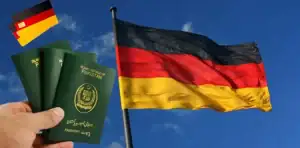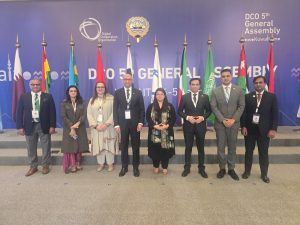TORONTO – The government of Canada has amended its policy regarding the length of Post Graduate Work Permit validity, in a major relief to those seeking to settle in the country.
The authorities have introduced significant updates to its Post-Graduation Work Permit Program (PGWPP), particularly benefitting graduates of master’s degree programs for international students.
The Department of Immigration, Refugees and Citizenship Canada (IRCC) announced on social media platform X(formerly Twitter) that from February 15th this year, graduates of master’s degree programs will now qualify for a three-year PGWP, even if their program duration was less than two years.
This policy change reflects Canada’s recognition of the potential of master’s degree graduates to excel in the country’s labor market and potentially transition to permanent residence. The fresh policy aims to provide these graduates with ample time to gain valuable work experience, which is often a crucial requirement for applying for permanent residency in Canada.
According to the official website of IRCC, applicants can now apply for a three-year PGWP, regardless of whether the length of their master’s degree program was less than two years, as long as they meet all other eligibility criteria, such as a minimum program duration of 8 months.
It should be kept in mind that the extension of the PGWP validity to three years applies not only to graduates of master’s degree programs but also to graduates of all other eligible programs. This policy shift emphasizes Canada’s commitment to attracting and retaining skilled international talent, further enhancing its reputation as a preferred destination for higher education and career opportunities.
However, it’s worth noting that the IRCC has imposed restrictions on PG work permits for public-private partnership college programs due to concerns regarding education quality and inadequate student support. Nonetheless, international students currently enrolled in these institutions will still be eligible for a PGWP if they meet other program eligibility criteria.
The changes come weeks after Canada announced its policy for the international students, reducing their intake by 35 percent.














